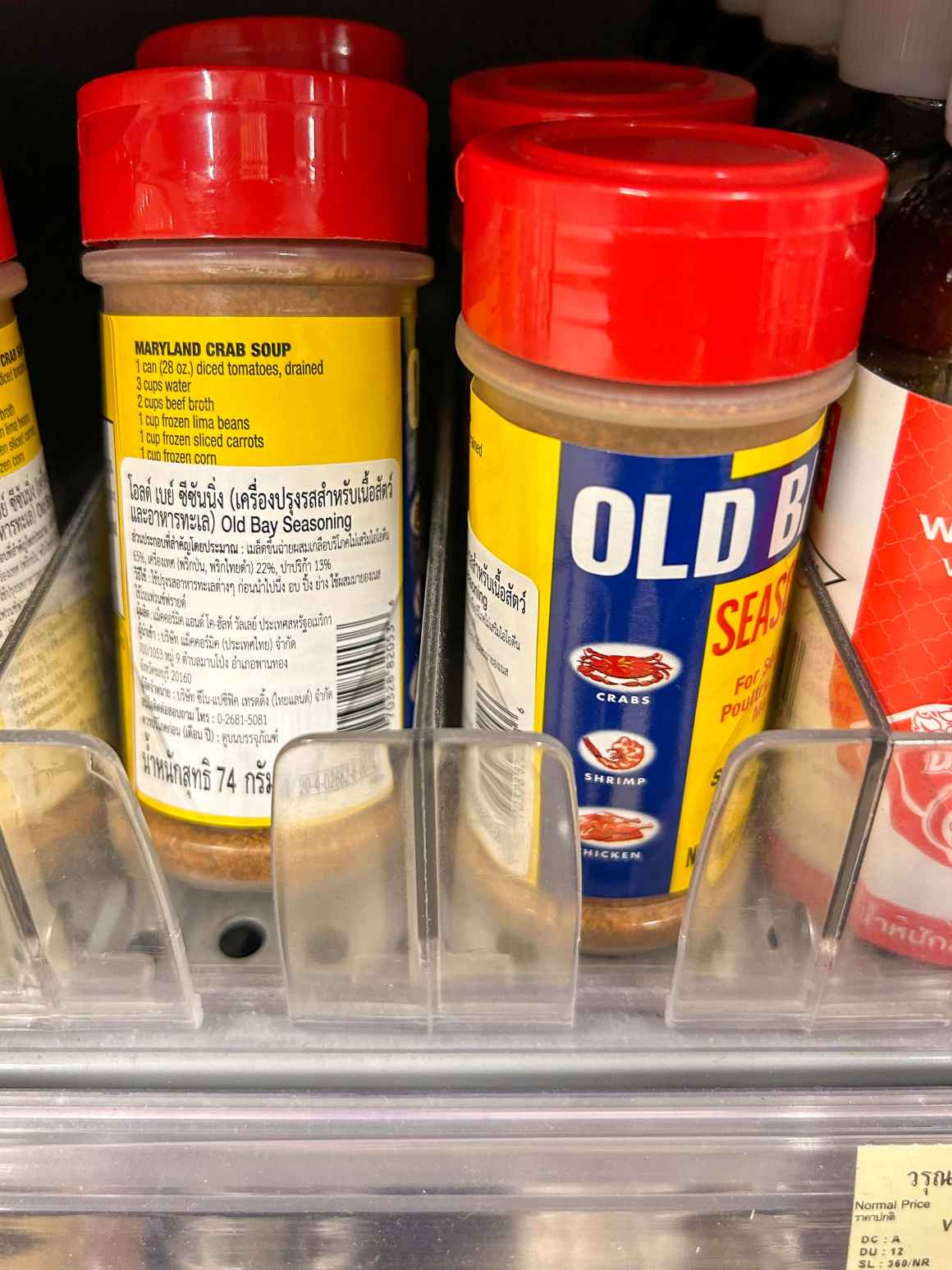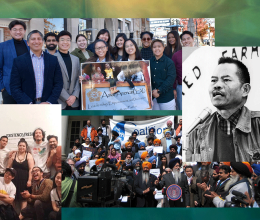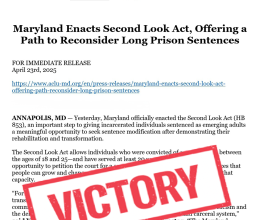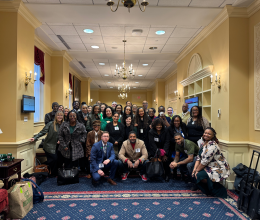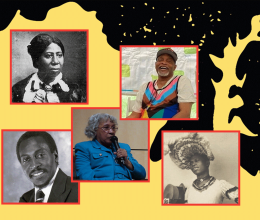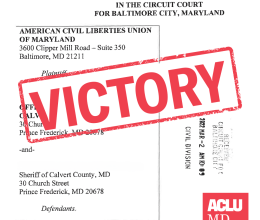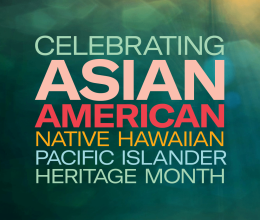
(Photos in this blog include some of Frank's family in and visiting Thailand, the skyline of Bangkok, his children and other family visiting markets and elephants, and of the prayer room in their house. There are lots of Buddha and monk statues and pics of Frank's ancestors. It's the most important room in the house!)
The aromatic blends of spices and the unique balance of salty sweetness of the cuisine are what comes to mind when people think about Thailand – or perhaps it's the bone crushing combat sport of Muay Thai? Or massage? Maybe some have heard Thailand referred to as "The Land of Smiles" because Thai people are known for being very warm, welcoming, and proud. Growing up, I was blessed to have been raised in Baltimore by a Thai mother, who exposed me to the many wonderful cultural treasures that her country had to offer – except for Muay Thai. But, I can say that it's true.
Thai people are very proud and they smile a lot. But why?
In recent years, I've become interested in uncovering the mystery behind these smiles and it occurred to me that perhaps the fact that Thailand was the only Southeast Asian country that was not colonized by the Europeans is part of the story. On my last two trips there, I decided to strike up some conversations with my relatives and friends about their thoughts on how resisting colonization shaped the cultural identity and worldview of Thai people. I also talked to strangers – cab drivers, business owners, and food service workers, to name a few. And I got some intriguing answers – along with a lot of smiles.
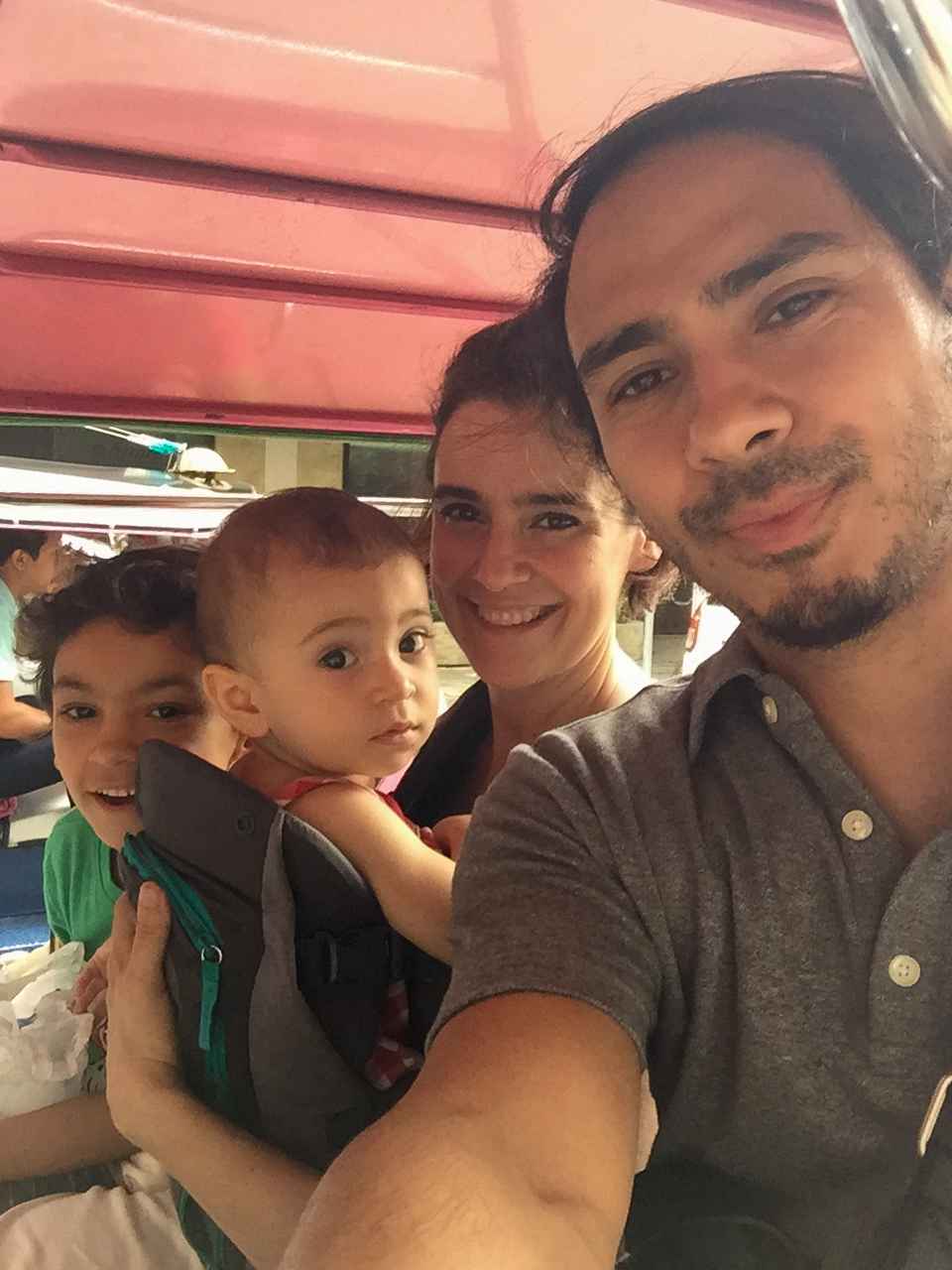
Thai people are quick to celebrate their country's history of resisting European colonization over recent centuries. Scholars point to the agreement that European countries made among themselves to treat Thailand, known at the time as "Siam," as a buffer zone to preempt border conflicts among the rival colonizers in the region. However, Thai people give much more credence to their own wisdom and ability to maneuver and negotiate agreements with these larger European military powers to mitigate the threat. Further, Thais emphasize their country's long-standing effort to intentionally develop and codify their unique culture and sovereignty as a strategy to assert their independence from colonizers and outside influencers.
Starting in the late 19th and early 20th centuries, Siam's leaders understood the need to modernize their country's political and economic system to prevent colonization. The reform initiative gave rise to a massive "nation-building" effort, which sought to unify people across the country, lift them out of poverty, codify and preserve their culture, and assert its national identity and sovereignty.
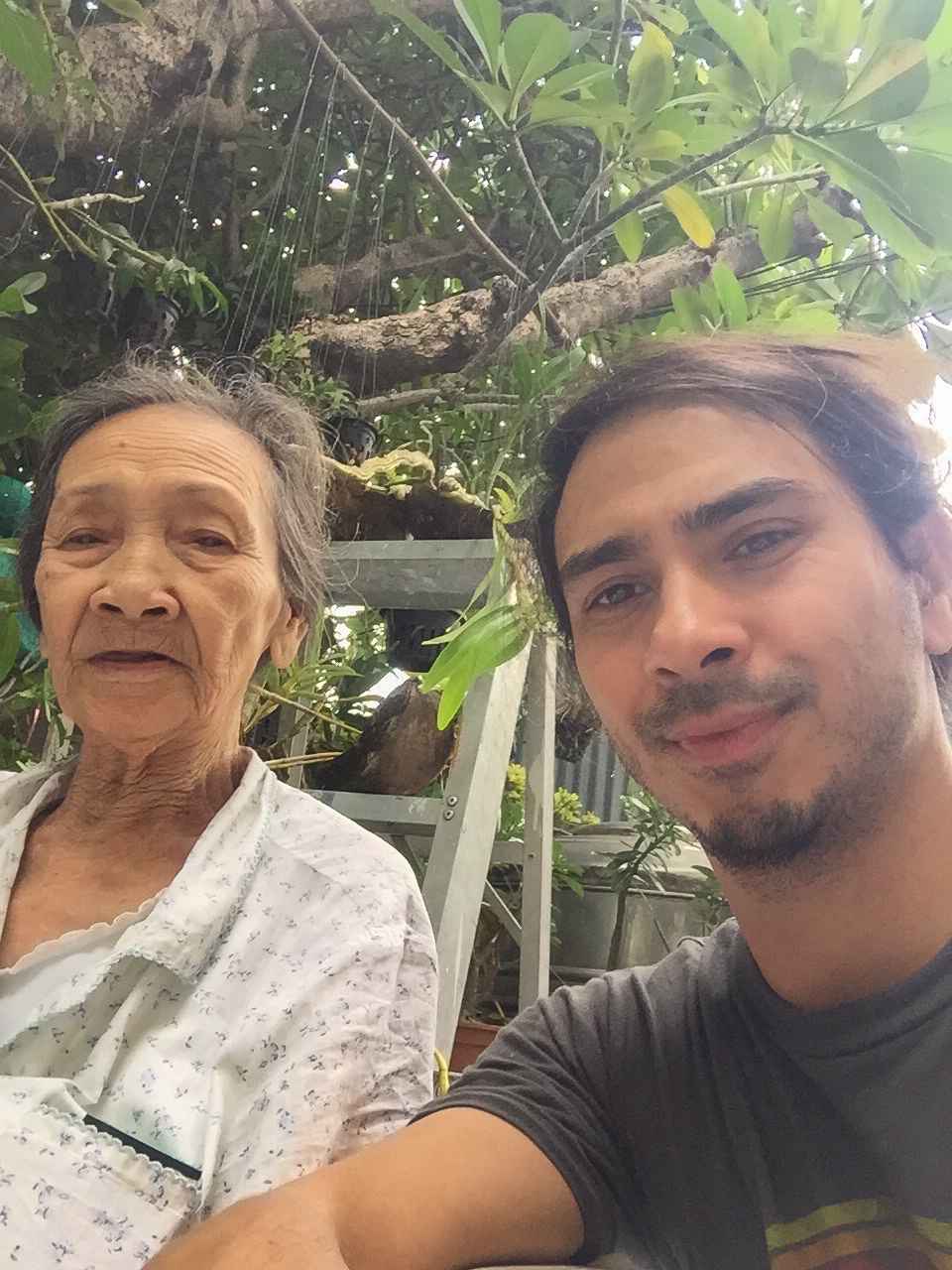
The effort was not without struggle and bloodshed. In the 1890s, Siam refused to comply with France's demand to cede disputed terrority with Laos in the northeast of the country. Border skirmishes ensued and Siam was able to beat the French on land. However, France sent a blockade of gunships up the coast to Bangkok and set their sites on the Grand Palace, the home of the king. Siam reluctantly agreed to give up the land but ongoing relations with the British led to the establishment of trade agreements between the countries. Siam wisely leveraged Britain's expertise and monetary assets to build railways to transport Thai goods throughout the country, which bolstered the country's economy and brought wealth to their people. Several decades later, with international support, Siam successfully regained lost terrorities from France.
In addition to maintaining complete ownership of their land, even the country's name, "Siam" – which was derived from a Sanskrit word that means "brown" or "dark" and adopted by Portuguese colonizers – was changed. In 1939, the country's name was officially changed to "Thailand," which means, "Land of the Free." During this time, they also created their national anthem with lyrics that speak to their love of peace and their determination to remain independent and sovereign. Here is an English translation of the anthem:
Every inch of Thailand belongs to the Thais.
It has long maintained its sovereignty,
Because the Thais have always been united.
The Thai people are peace-loving,
But they are no cowards at war.
They shall allow no one to rob them of their independence,
Nor shall they suffer tyranny.
All Thais are ready to give up every drop of blood
For the nation’s safety, freedom and progress.
It's notable that even though the effort to modernize was triggered by external forces, Thailand asserted that systemic change must come from within, on their own terms and for the benefit of their own people. In neighboring countries, the colonial exploitation of natural resources stripped people of their means to build wealth. The outflow of financial resources from these countries greatly hindered their ability to invest in their own economic infrastructure to ensure growth and prosperity for their people. Thailand's unwavering resolve to maintain control over their natural resources for the benefit of their people was paramount during the colonization of Southeast Asia.
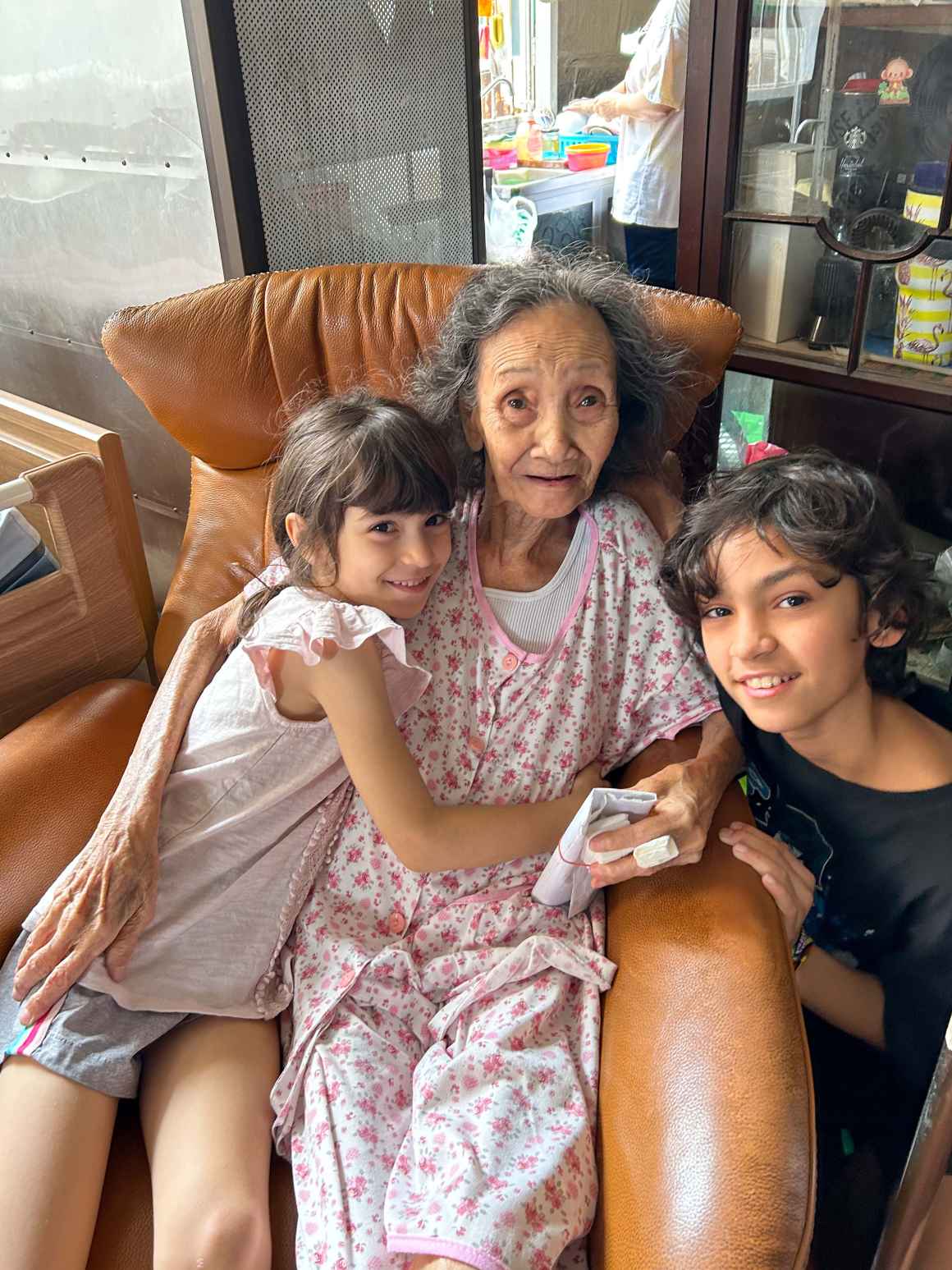
The effort to resist colonization worked and Thailand has been on an upward trajectory ever since. When compared to its Southeast Asian neighbors, Thailand ranks at or near the top on most indicators related to health outcomes, educational attainment, public safety, the economy and per capital income. Today, Thailand is considered to be a regional economic powerhouse and a "middle-income" country. Consequently, Thailand has become a destination for migrant workers from Cambodia, Myanmar, and Laos as people search for gainful employment and better lives for themselves and their families.
Based on the rosy picture I've painted, Thailand may seem like a paradise, but it certainly has its fair share of problems, like any other country. It is also important to note that colonization is by no means the fault of any individual country which falls victim to it. In their own ways, Indigenous peoples all over the globe have fought and resisted colonization. But when any one group successfully fends off foreign attempts to enslave and exploit, we all rejoice. Even though many Southeast Asian countries were harmed by colonization, they also have their own stories of courage, wisdom, and resilience to celebrate, and they too have made significant strides towards the stability and prosperity of their people over the centuries. And without a doubt, the people of these countries will remain vigilant and continue their upward trajectory for many years to come.
So, can Thai smiles be attributed to their country's successful efforts to resist colonization and dictate their own terms of their modernization? I can't be sure. But as an advocate for justice, equality, and freedom for all people who are underserved and historically oppressed in Maryland, there are important lessons to learn from Thailand's saga. At the core of their struggle, the emphasis was on building unity among the people, establishing a strong cultural identity, and taking ownership of their fate through self-determination.
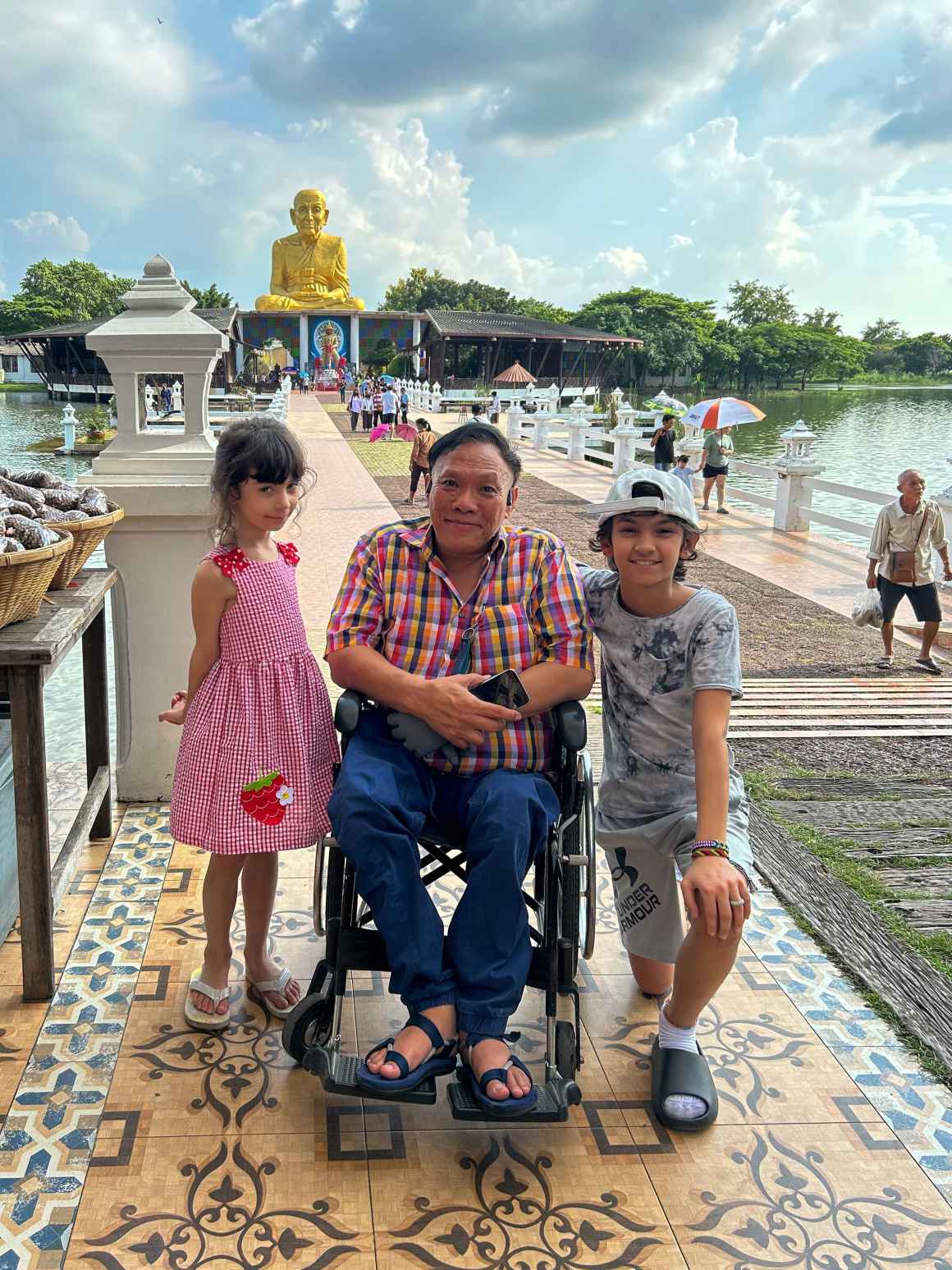
If we as Marylanders want to create better opportunities and stability for people impacted by injustice throughout the state, then the focus and commitment must be on redesigning our political, social, and economic structures to ensure that the power to create lasting systemic change resides with the people.
The decisions about how much and where to direct government, philanthropic, and private and nonprofit resources have always been made by those who hold the purse strings and those who have significant political influence. While the contribution of these resources can be generous and well-meaning, it is important to ensure they align with the needs of the people. And more pointedly, it is important to ensure that these resources serve to support the self-determination of those who are most impacted by injustice through building up community-based strategies, institutions, and networks so that they have ownership over their own destinies.
If we start working to lay this foundation now, perhaps we will set ourselves on a course to creating more smiles across our state in the future.
(Before you go, I wanted to show you that Baltimore is represented in Thailand! Old Bay must be pretty dang good if it’s placed among all of the thai spices!)
